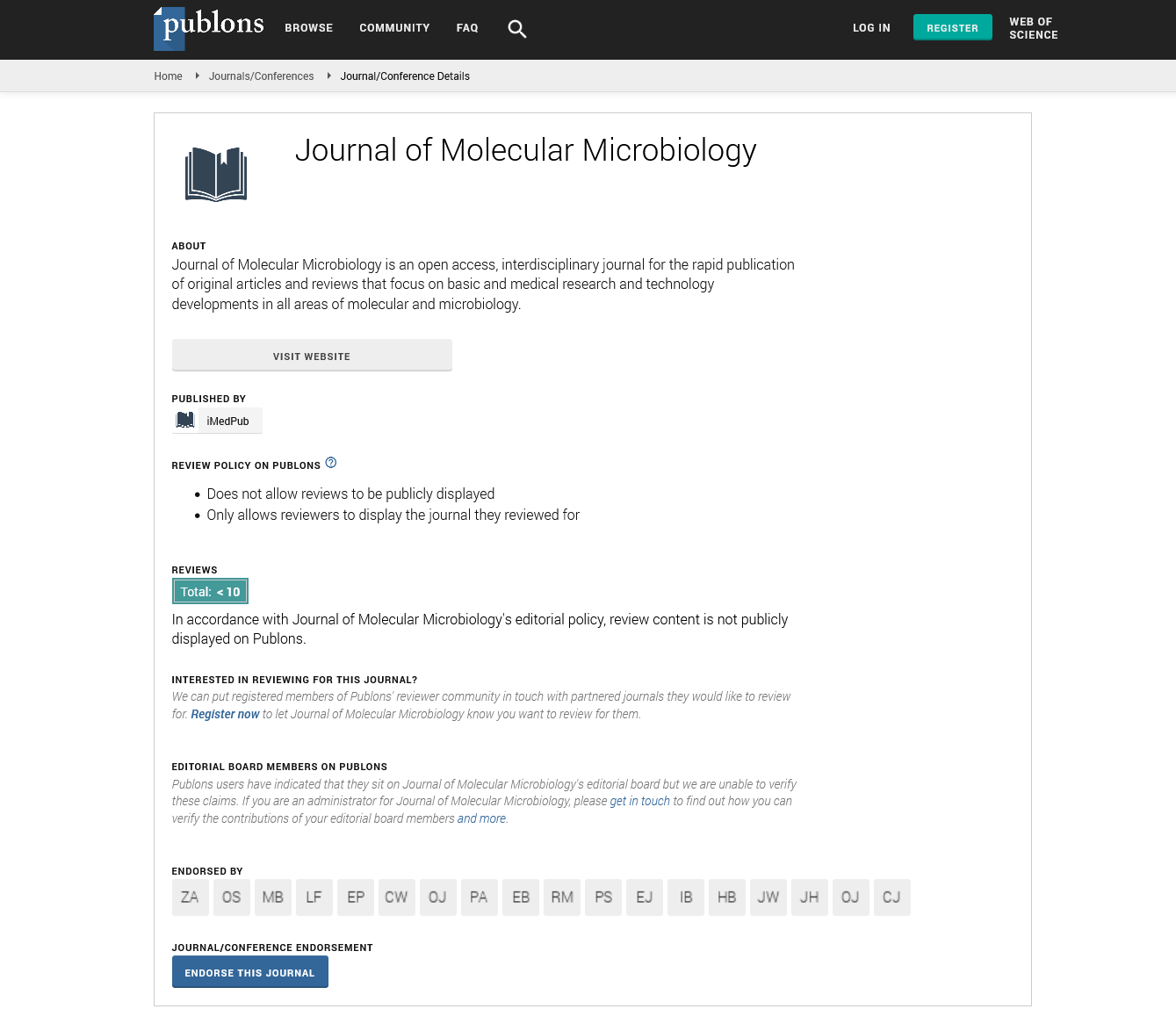Abstract
Evaluation of antibacterial properties and the rate of killing of cashew (Anacardium occidentale) nut shell oil on selected bacteria
Anacardium occidentale popularly known as cashew tree is native of Brazil. Nigeria is the world’s sixth largest producer of cashew. The cashew tree has been cultivated for food and medicine for over 400 years (Balaji et al., 2016). The various parts of the cashew fruits are of economic value. This include: the apple, nut and kernel. Cashew nut is a value edible nut which yields two oil. The first type is the oil found in the kernel of the cashew nut. This is called the cashew kernel oil (CKO) while the second oil is in the seed coat or pericarp or shell, is called the Cashew Nut Shell Oil (CNSO). It contains a high proportion of phenolic compound. It is viscous and dark oil, which is extremely caustic. There are more than 200 patents for its industrial application. It is used in industry as a raw material for brake lining compounds, as a water proofing agent, a preservative and in the manufacturing of paints and plastics (Alia et al., 2016)
Author(s): Jesse Innocent Apameio
Abstract | PDF
Share This Article
Google Scholar citation report
Citations : 86
Journal of Molecular Microbiology received 86 citations as per Google Scholar report
Journal of Molecular Microbiology peer review process verified at publons
Abstracted/Indexed in
- Google Scholar
- Publons
Open Access Journals
- Aquaculture & Veterinary Science
- Chemistry & Chemical Sciences
- Clinical Sciences
- Engineering
- General Science
- Genetics & Molecular Biology
- Health Care & Nursing
- Immunology & Microbiology
- Materials Science
- Mathematics & Physics
- Medical Sciences
- Neurology & Psychiatry
- Oncology & Cancer Science
- Pharmaceutical Sciences
